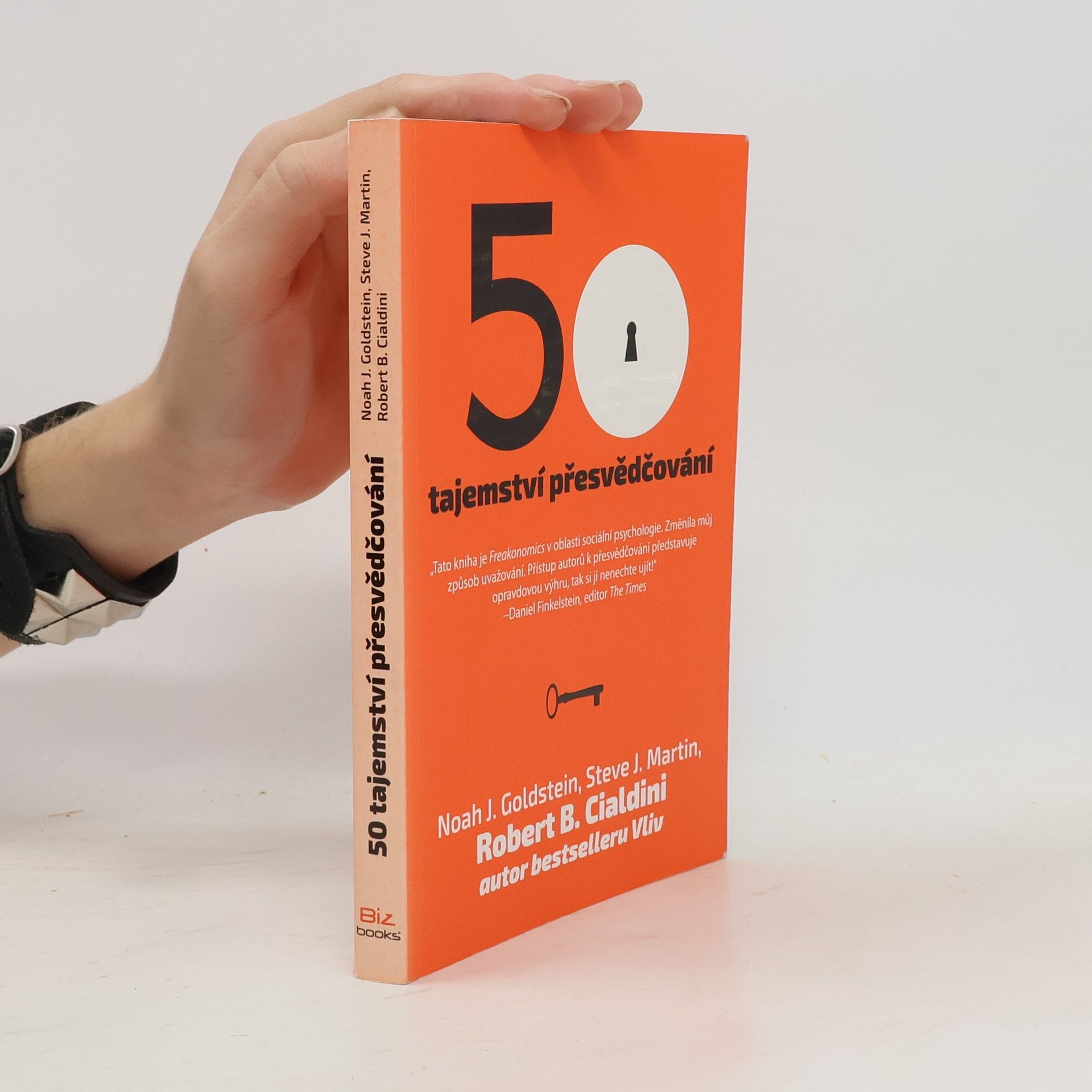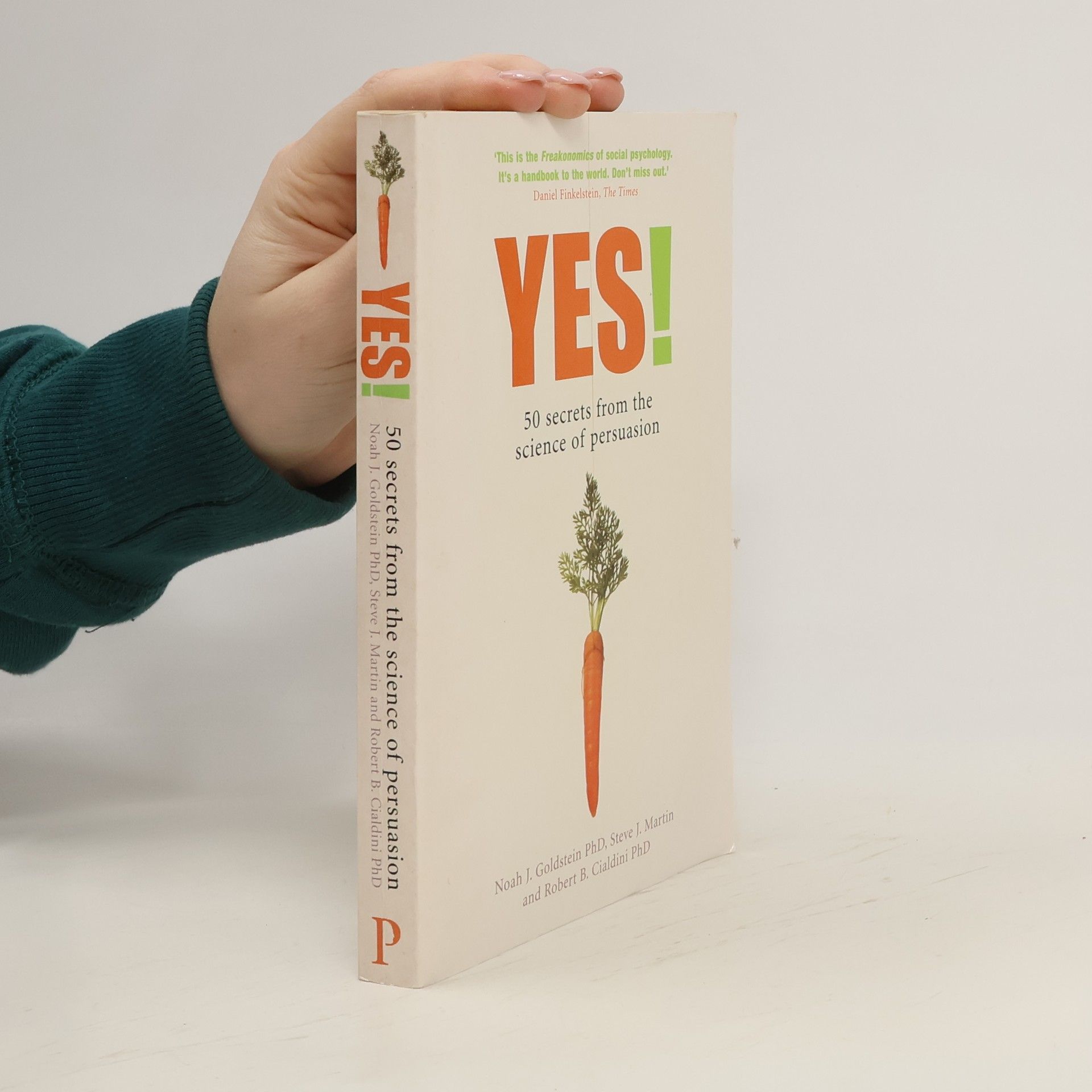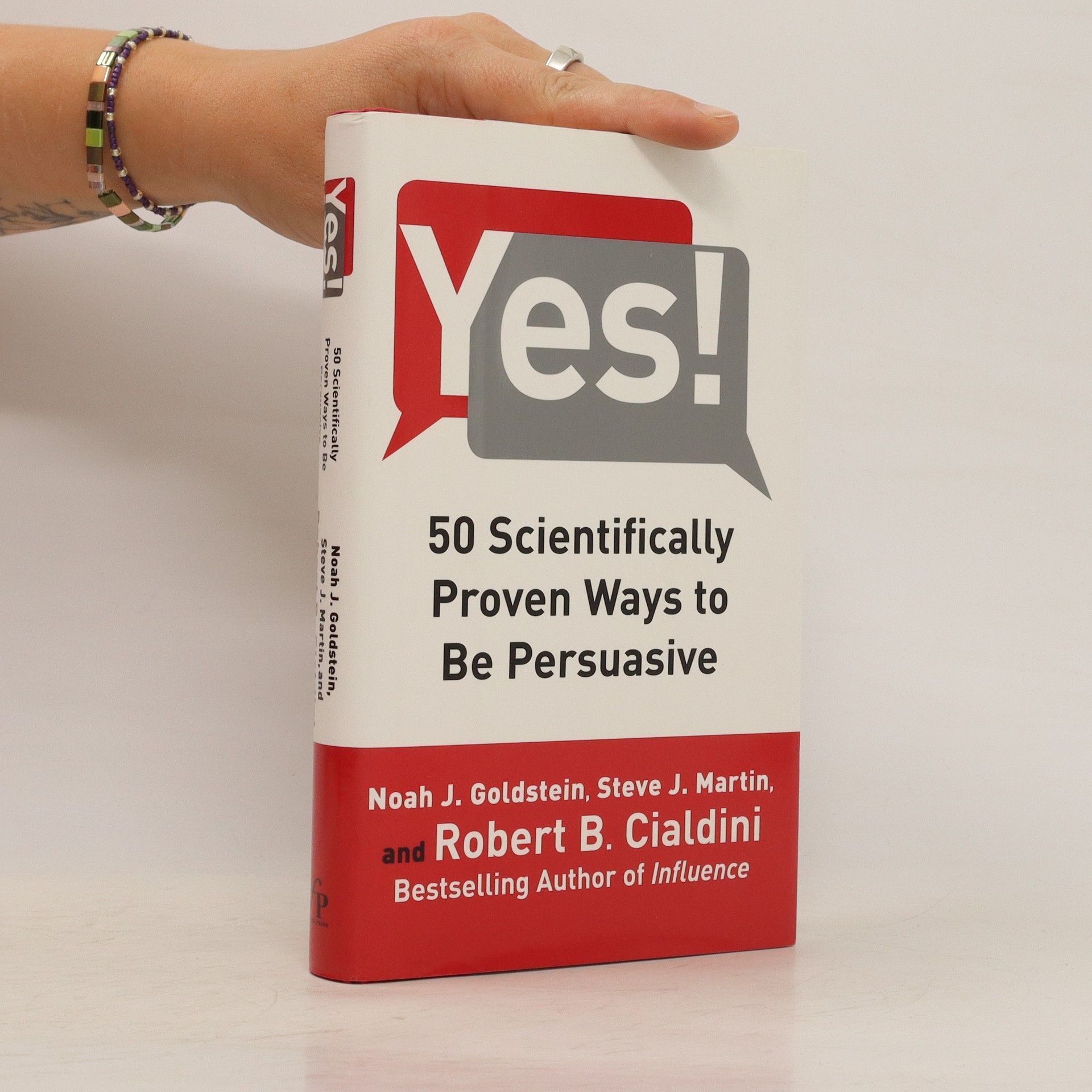Influence at Work
Capture attention, connect with others, convince people to act: An Economist Edge book
- 256 pages
- 9 hours of reading
Renowned for its exceptional insights, this book has garnered praise from influential figures, including Robert B. Cialdini. It delves into compelling themes and presents a unique perspective that captivates readers, making it a must-read for those seeking to enhance their understanding of human behavior and influence. Its superb quality and impactful content set it apart in the literary landscape.




